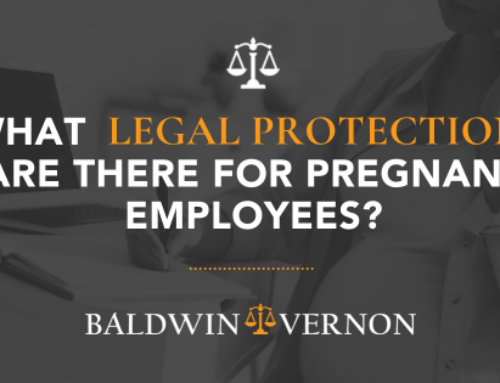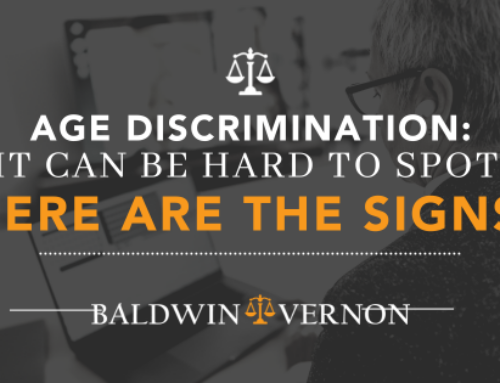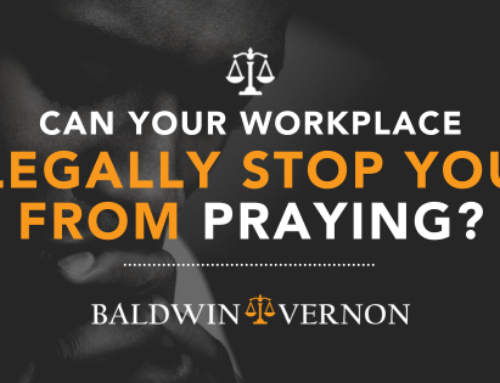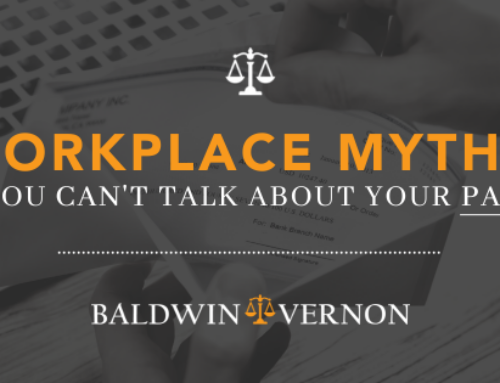A whistleblower is an individual that reports a person or organization that is violating laws or regulations or is a danger to public health and safety. State and federal laws offer protection to employees that stop or report acts prohibited by law or testify about unlawful conduct.
Conduct
Conduct that could be subject to whistleblowing includes
- breaking environmental laws
- corporate fraud in publicly traded companies
- violation of industry rules and regulations
- decision-making that endangers public health and safety
- gross waste of funds
- abuse of authority
- censorship of information that could cause any of the above
Retaliation
Laws are in place that protect whistleblowers from retaliation from employers. This includes but is not limited to firing, demotion, blacklisting, harassment, reduction in pay or hours, reassignment to a less desirable position, or denial of overtime, promotions or benefits.
Case
You must prove the following elements to have a claim for whistleblowing.
- You engaged in activity such as reporting a violation, testifying as a witness, or some other action to help enforce the law
- The employer knew or believed that you did the activity
- You suffered adverse employment action (see ‘Retaliation’)
- The activity caused the employer to take adverse action
If you suffered retaliation because your boss wrongly pinned you for the whistleblower, you might still have a case.
Consult an attorney for advice on whistleblowing. An experienced lawyer can help navigate the specifications surrounding your case such as state laws and the statute of limitations. Many violations go unreported due to fear of retaliation from employers but there are laws in place to protect you when you speak up.







